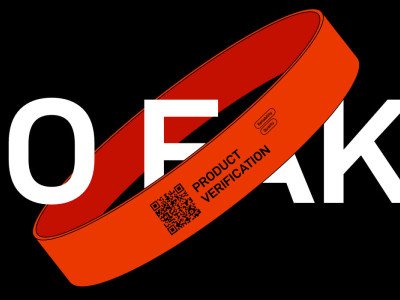Hazel Cheeseman, Deputy Chief Executive at Action on Smoking and Health, has used the UCL study to justify a tiered tax being levied on eliquids in the United Kingdom. Advocates have argued against the measure, and provided quality sources of evidence, but the ASH spokesperson refused to shift on her stance.
“For those who struggle to keep their homes smokefree reassuring that a switch to vaping can help,” said Hazel Cheeseman. She pointed to the recent study by a team at University College London that found second-hand vaping exposure is very low when compared to substances released by second-hand smoking.
It was pointed out to her on the Twitter/X platform that the way the tax has been tiered, punishing people who vape the least with the highest strength eliquids, will place the most effective vapes “out of most people's reach”, not to mention the additional banning of flavours that contribute to vaping’s success as a stop smoking tool.
The Vape Tax:
- £1 tax on 10ml of nicotine-free eliquid
- £2 tax on 10ml of 0.1-10.9mg/ml eliquid
- £3 tax on 10 ml of 11-20mg/ml eliquid
The New Nicotine Alliance previously said: “We believe that the proposed tax structure and rates will be extremely damaging to public health. It is clear that the proposals have been designed without a full understanding of nicotine, vaping, or vape devices. As such, the stated objectives of the duty are deeply flawed.
“The only result of the vape duty proposals will be a significant deterrent to smokers who are considering switching to vaping, an increase in sales of illicit products, and relapse by many back to smoking cigarettes. By implementing this suite of duty rates, the government is ensuring that the Smokefree 2030 target will not be achieved.”
John Dunne, the UKVIA Director General has said: “While a tax on vapes may be inevitable, it does need to be effective … the Government needs to be very careful about countering current misconceptions about the relative harm of vaping versus smoking and not reinforcing them by demonising vaping through punitive taxation.
“The industry therefore urges the Government to instigate a vape licensing scheme, for which we have long been calling; such a scheme would deter rogue retailers, protect our children and help a heavily under-funded Trading Standards to police retailers by raising £50m a year from the industry”.
Hazel Cheeseman justified her and ASH’s position on taxing the most effective vapes the highest by saying: “The proposals on tax are designed to keep price difference with tobacco. The proposals on flavours were to take powers to regulate not ban. You may still not like them but important to be accurate about what is and isn’t on the table.”
It remains difficult to work out why ASH is so keen on a tax that appears to be deeply flawed – especially given that experts at London South Bank University have warned that the measure holds “unintended” and “negative” health consequences.
Professor Lynne Dawkins told ASH and others: “The proposed tier structure misses the point that any harms associated with vaping are likely to come from other constituents such as propylene glycol, vegetable glycerine and flavours, not the nicotine. It’s the nicotine which smokers need in sufficiently high strengths to successfully quit smoking.”
Dave Cross
Journalist at POTVDave is a freelance writer; with articles on music, motorbikes, football, pop-science, vaping and tobacco harm reduction in Sounds, Melody Maker, UBG, AWoL, Bike, When Saturday Comes, Vape News Magazine, and syndicated across the Johnston Press group. He was published in an anthology of “Greatest Football Writing”, but still believes this was a mistake. Dave contributes sketches to comedy shows and used to co-host a radio sketch show. He’s worked with numerous start-ups to develop content for their websites.



-listing400.jpg)



